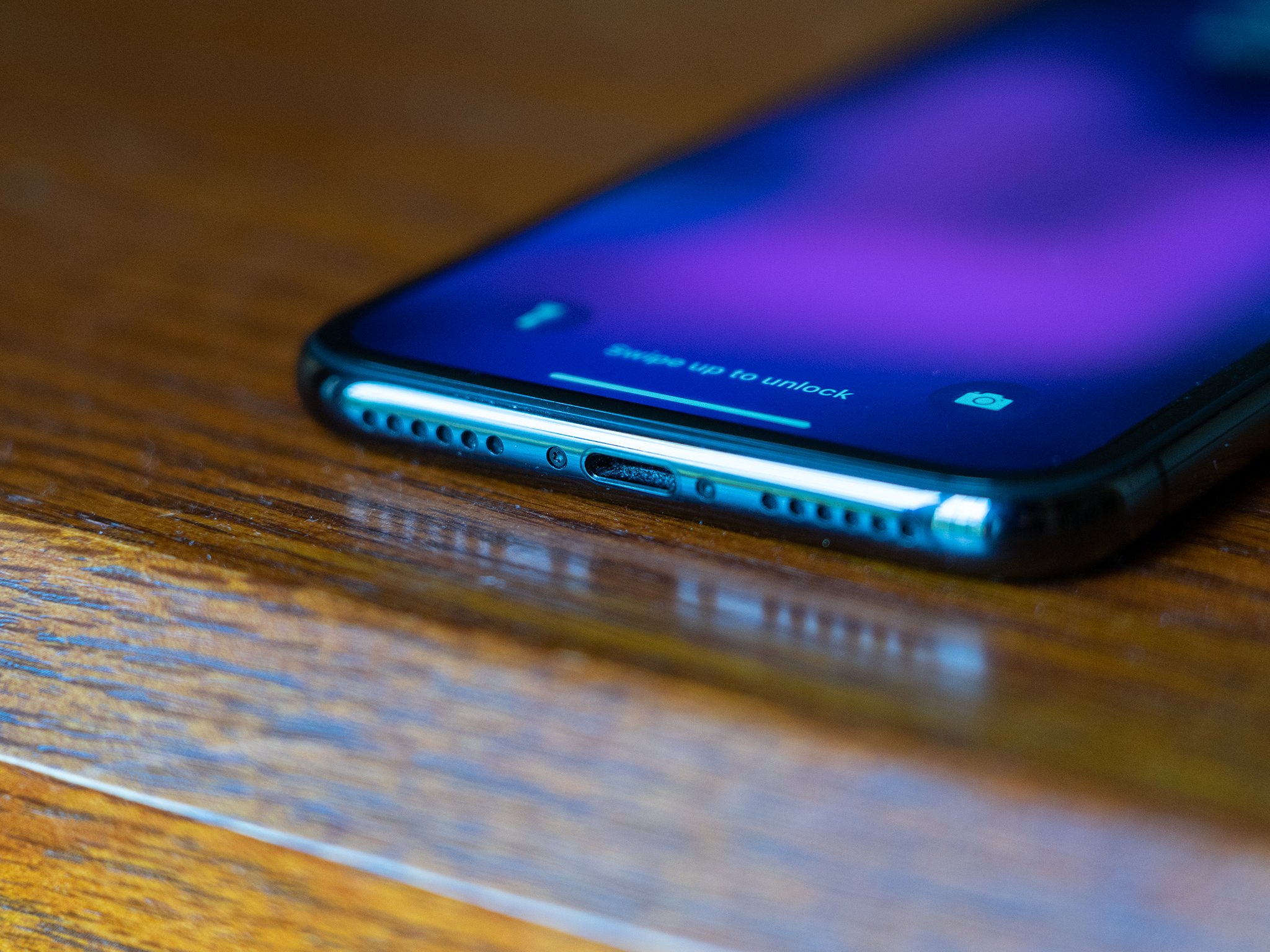
[ad_1]
 Source: Joseph Keller/iMore
Source: Joseph Keller/iMore
The EU has this week voted overwhelmingly in favor of a USB-C charging mandate, that would force the use of USB-C ports in all electronic devices.
On Wednesday the Internal Market and Consumer Protection Committee adopted its position on the revised Radio Equipment Directive with 43 votes in favour (2 against).
The new rules would make sure consumers no longer need a new charger and cable every time they purchase a new device, and can use one charger for all of their small and medium-sized electronic gadgets. Mobile phones, tablets, digital cameras, headphones and headsets, handheld videogame consoles and portable speakers, rechargeable via a wired cable, would have to be equipped with a USB Type-C port, regardless of the manufacturer. Exemptions would apply only for devices that are too small to have a USB Type-C port, such as smart watches, health trackers, and some sports equipment.
While the report sounds like a major upheaval, especially when you consider iPhone still uses Lightning ports to charge, the move is unlikely to have a major impact on Apple. That’s because it seems unlikely that Apple will still be offering Lightning ports on its best iPhones by the time the law comes into effect. As noted, smaller devices like the Apple’s best Apple Watches are exempt because of their size.
We’ve heard multiple reports that Apple is working on a portless version of its iPhone that would only charge wirelessly or through MagSafe. The move would further reduce the wastage of charging bricks and cables, reduce iPhone packaging sizes, eliminate a point of attack for hacking into devices physically, and eliminate a possible point of water ingress while saving internal space.
The EU is also targeting a 2026 date for interoperability of wireless and new charging solutions to “avoid a new fragmentation in the market, to continue to reduce environmental waste, ensure consumer convenience and avoid so-called “lock-in” effects created by proprietary charging solutions.”
[ad_2]
Source link
www.imore.com
Stephen Warwick